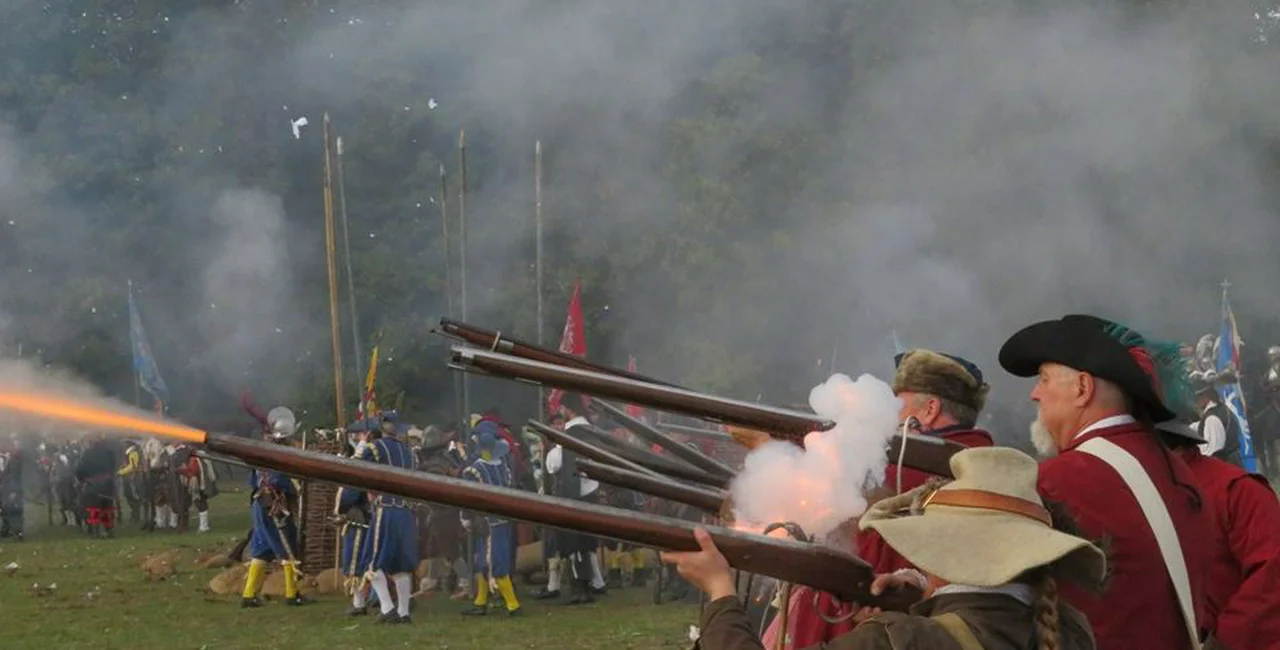The Battle of Bilá Hora in 1620 determined Czech history for the next three centuries. The battle will be re-enacted Sept. 21 and 22 on part of the original battlefield.
A temporary tent
encampment will be set up at Vypich, the field in front of Letohrádek
Hvězda in Prague 6. In English, the event is known as the Battle of
White Mountain.
This year is the
399th anniversary of the battle. While the broad outline of history
stays the same, every year the re-enactment is a bit different. There
are small, personal dramas taking place on the battlefield if one
watches closely.
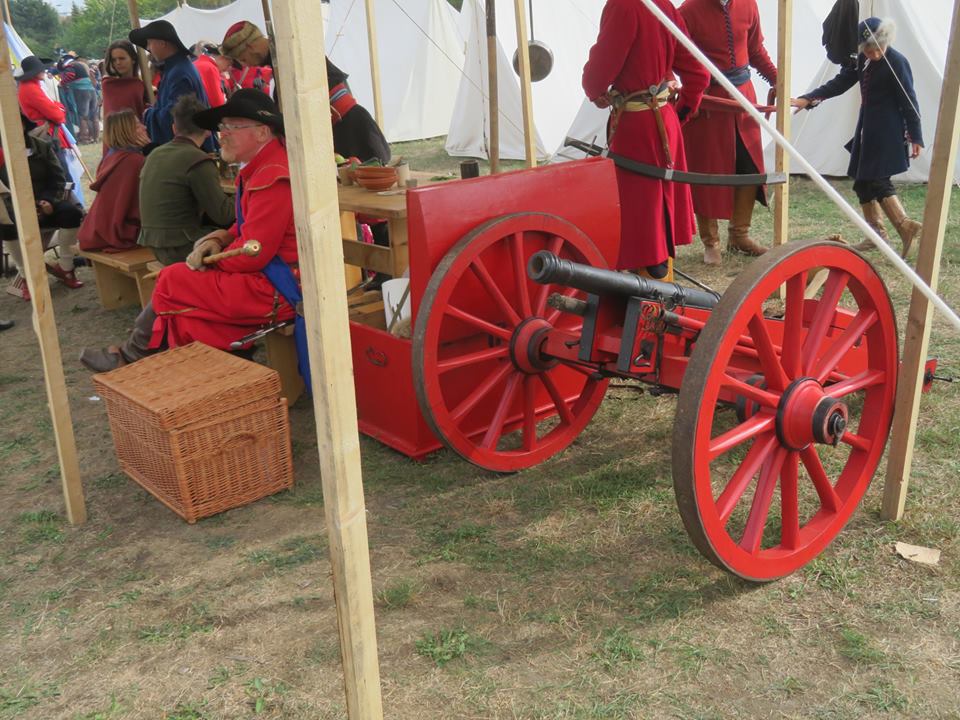
“For this year we
have more troops from foreign countries and we have new story for the
battle. This means the ‘small story.’ Last year it was story
between father and son. This year we will change it,” event
organizer Martin Cholinský said, adding that there will also be new
musical groups.
He declined to
reveal the new plot, as it is mean to be a surprise.
The program is the
same each day, with gates opening at noon each day and the battle at
3 pm. Before the battle, people can shop at stands with
historical-style goods including reproduction weapons, figurines,
medallions, toys and games, and clothing. Food and beverages will of
course be available.
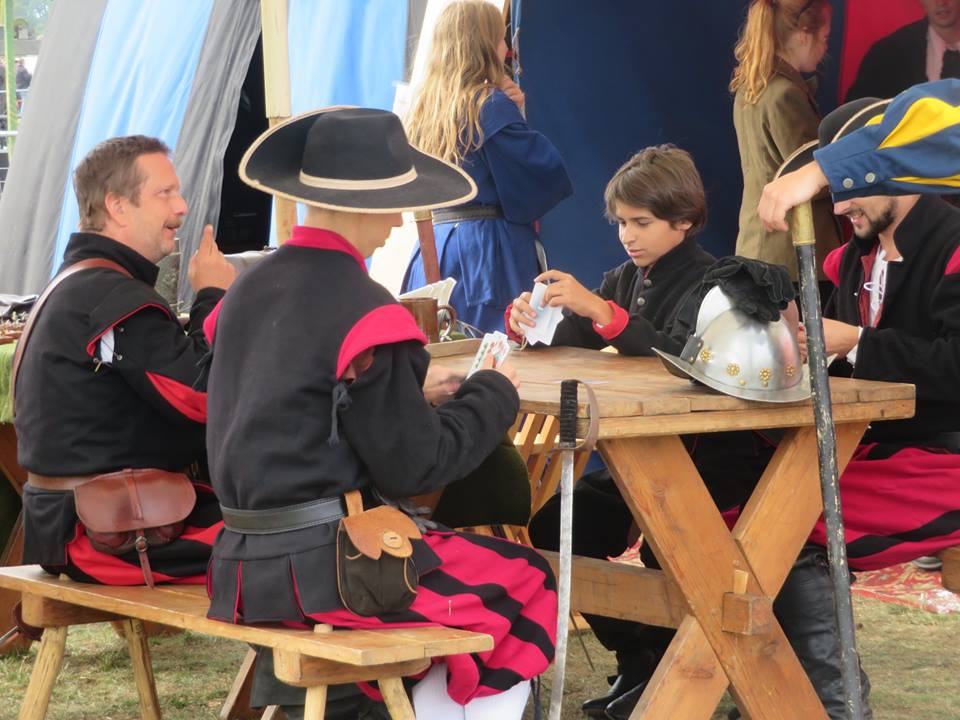
There will be a
battle camp and weapons demonstrations, and displays of fencing.
As with previous
years, hundreds of male and female re-enactors in period uniforms
with black-powder guns and other weapons will participate, many on
horseback. The units represent the actual participants in the brief
battle. Many units come from other countries.
The battle itself
has Czech narration over loudspeakers, but the events are very visual
and self-explanatory. A quick look at an online history site should
get you up to speed — or you can go in cold and let the end of the
battle be a surprise.
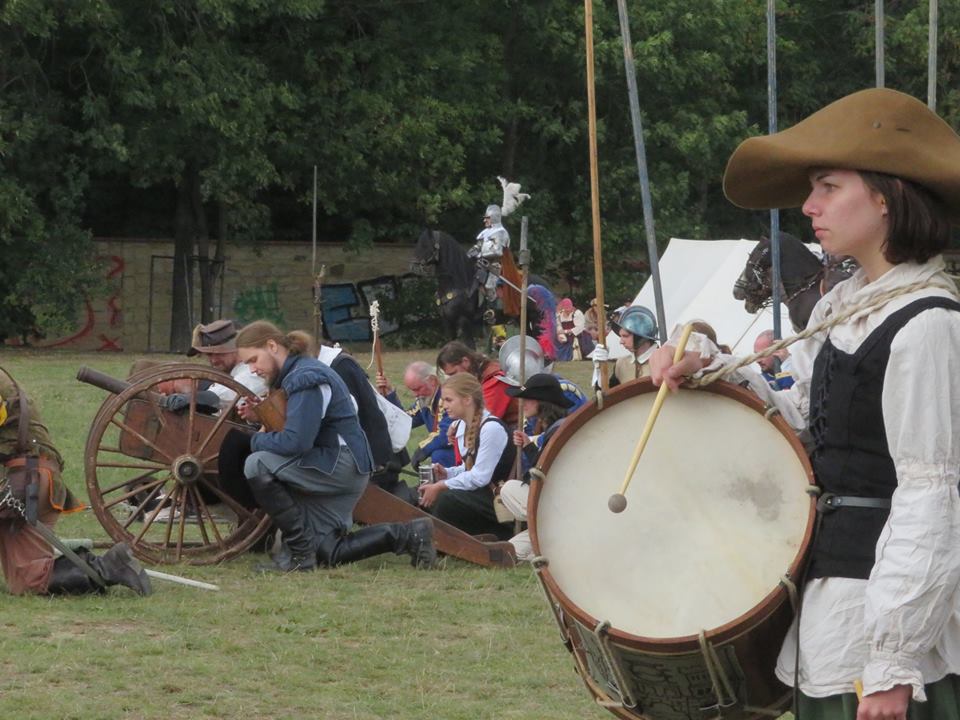
The bulk of the
action usually takes part in the center of the field, but it does
move around so there are no truly bad spots to watch from.
The organizers point
out that they are not celebrating war and militarism, but trying to
remind people of historical events and their impact. Specifically,
they want people to understand the role of Bohemia in the broader
context of European history. At the same time, they want to support
tourism with interesting events.
If you are not
familiar with the battle and want the outcome to be a surprise, the
rest of this article contains spoilers.
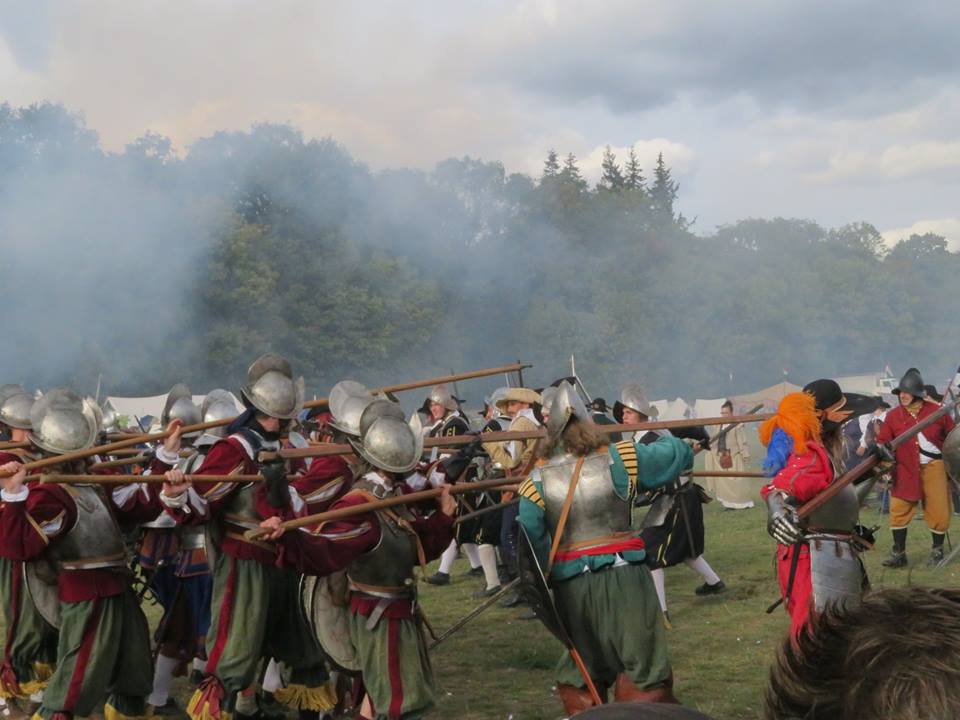
The battle is tied
to another famous event in Prague history, the Second Defenestration.
This was when a meeting at Prague Castle ended with representatives
of Emperor Ferdinand II, a Catholic, being thrown out of a window in
1618. This event is also sometimes called the Third Defenestration,
as historians argue over the numbering.
The defenestration
was followed by the election of Frederick V, a Protestant, as King of
Bohemia in 1619. The move further antagonized the Catholic emperor,
who sent an army consisting of his imperial troops and soldiers from
the German Catholic League.
The resulting battle
was so short that by the time King Frederick V arrived, it was
already over. History remembers him as the Winter King because his
reign was so short.
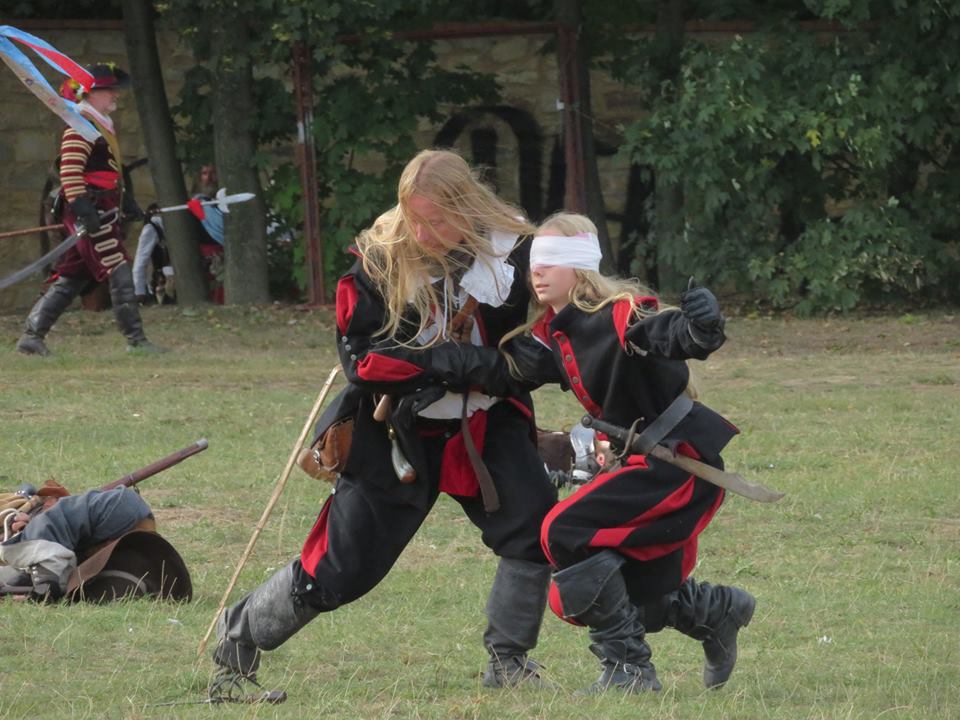
The battle was the
beginning of the end for Czech nobility. The loss was followed a year
later by the execution of 27 Protestant rebellion leaders in Old Town
Square at the hands of the Catholic Hapsburgs. Protestants were
forced to either convert or leave the country. Czechs would not be
free of foreign rule again until 1918 when the First Republic was
established.
The actual battle
took place Nov. 8, 1620, but the re-enactment is in September because
the weather is better. A short way from the site of re-enactment,
there is a small stone monument marking the event in the middle of a
field.
The main organizer
is the Czech group Rytíři Koruny České (Knights of the Bohemian
Crown), and the event is put on with the financial support of Prague
6, among others.
For more information visit he event’s website or Facebook event.
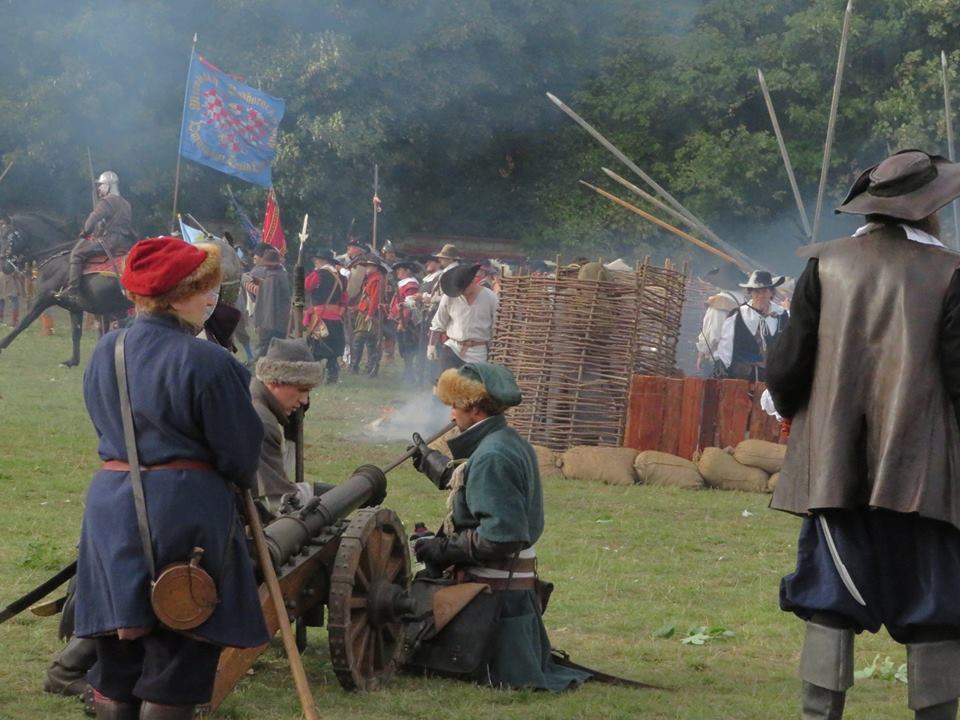












 Reading time: 3 minutes
Reading time: 3 minutes 